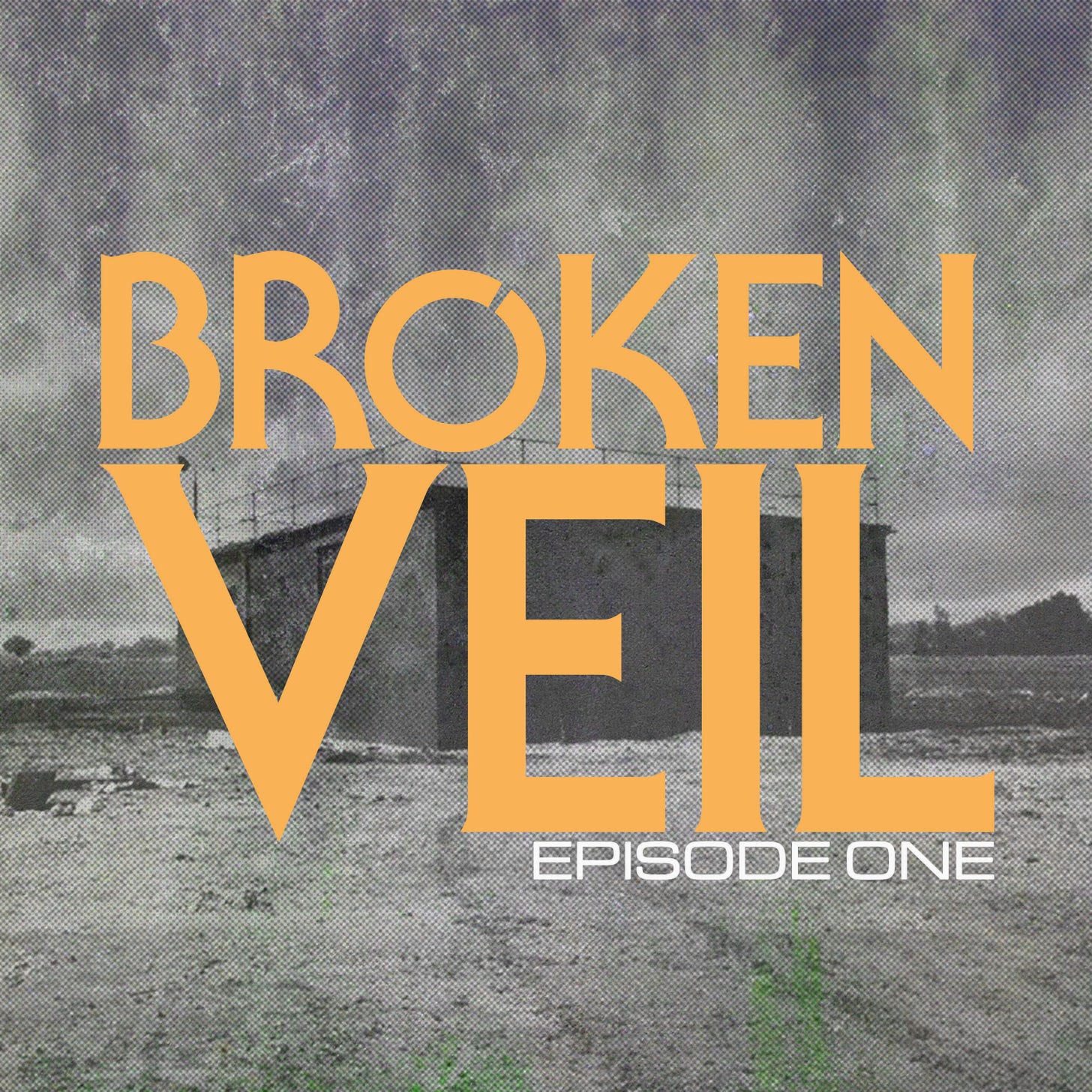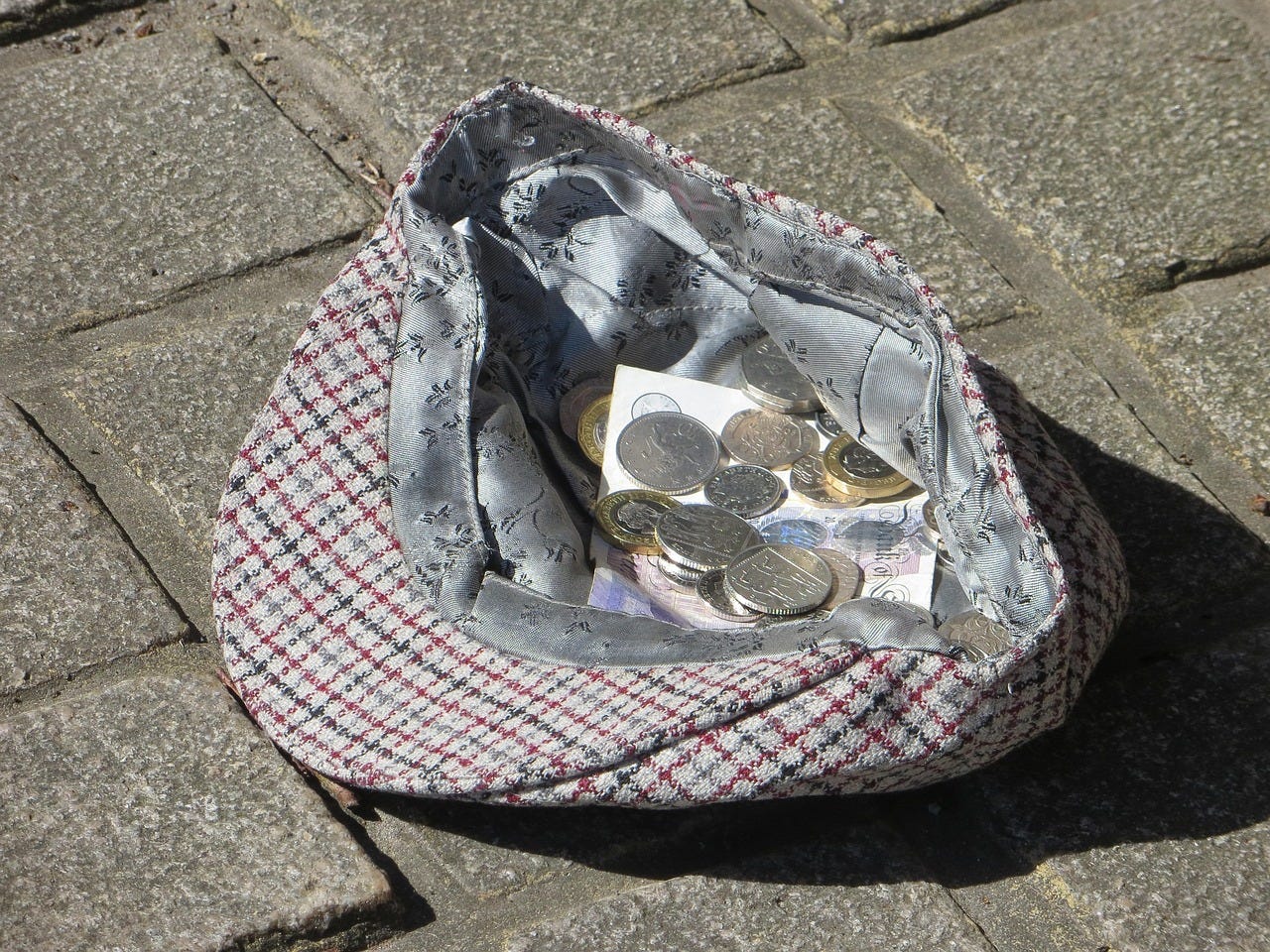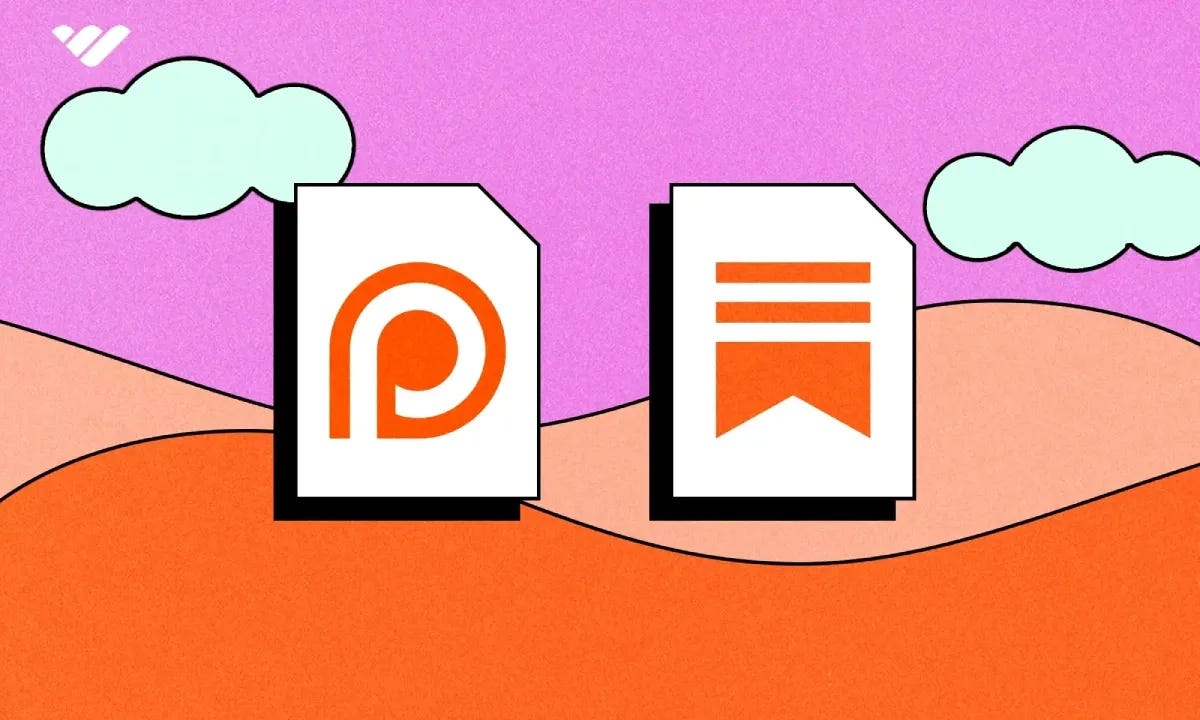Where do you get your ideas from?
Why creators need enough time and money to think.
We’re delighted with the response to Broken Veil so far, our creepy investigation podcast. We’re two weeks in, and already we’re up in the charts alongside spooky classic The Battersea Poltergeist (which we’re a little bit like, I suppose), and The Archers (which we’re not like at all, except I suppose for spending quite a lot of time in fields.)
I was talking to someone online, who asked what was the best place to listen to Broken Veil – they wanted to ensure I got the biggest kickback out of it as a creator. It’s a question people ask regularly about physical media such as books, and is entirely reasonable. Some bookshops give more to authors than others. The author’s slice on Amazon is going to be small if the cover price is small, that’s fair to assume. We all want to show support for the people whose stuff we like. That’s nice, it’s human, and any creator depends upon that kind impulse.
But thanks to the shift to digital solutions to getting our arts, we’re far beyond that now (sigh) into a more nebulous world where it’s not clear who gets the bucks when we give someone our valuable time and attention.
So, with that in mind, here’s how ordinary independent creators get paid for podcasts, from my UK-based experience.
Most podcasts make (and therefore have to cost) nothing. That’s a whole can of worms right there. But let’s just look at the numbers behind podcast audience sizes, because that will give you some idea of how your favourite podcast funds itself. Or rather doesn’t.
The ‘long tail’ is the model where most of the money comes from a limited number of big selling items, but customers only feel comfortable shopping in that marketplace if there is a range of other options, most of which will remain unsold. A bookshop that only has the 20 bestsellers feels scanty, like a railway station newsstand, cynical even, and you won’t stay and browse and spend. It’s why there are dusty copies of the Barchester Chronicles in shops that have never sold a copy of the Barchester Chronicles.
All arts have this a bit. We do like a choice. But the podcasting tail is seriously loooooooong.
Scary number coming. Half of the podcasts on earth have fewer than 50 weekly listeners. Fifty percent of podcasting is enjoyed by fewer than fifty people. Yeah. I was shocked too.
Conversely, at the very top of the pile, are a small number of podcasts with over 1000 listeners. 95% of podcasts never get close to this. The 1000+ club covers a tiny 5% of all podcasts. Anecdotally, some pod-producing friends have noticed there’s definitely a chokepoint at around 2000 listeners that even good podcasts struggle to break. So the top is hard to reach.
But from experience, entering even this elite slice of podcasting will bring you under £100 a month from dynamic advertising.
So if you put out an episode once a week, and you make it to being one of the world’s most successful podcasts… you’ll be paid enough for a pizza per episode, provided you don’t go for any side dishes.
Sponsorship – the 1950s-style bit where your favourite show stops for a stilted word on behalf of a client – pays a bit more. That pays at a level that actually feels like funding; four figures plus. And the pod dream is to attract a regular sponsor who might want you to plug their grammar-correcting-mattress. Anyone with host-read ads is being paid (not brilliantly, but sustainably for cheap-to-make audio).
But that host-read ad sales model only kicks in at around 10-20,000 weekly downloads. Remember: 95% of podcasts have less than 1000 listeners. So who’s getting that? It’s got to be… what… 0.1% of the market? Incredible,
Given that small pods don’t make enough from dynamic advertising to really be worth counting, that means that only a tiny, tiny, tiny slice of podcasts are funded at all. The equivalent on TV would be watching ITV and only Love Island having any ads in it. The rest of the schedule would be made on a budget of £0. Only the biggest show is seen as needing money to exist. It’s mad. But that’s the model in pods.
Nevertheless, I take ads in all my podcasts. I think it’s important.
It’s daft but there being branded advertising in every download makes the podcast feel ‘real’ and ‘serious’, to me. It indicates that it exists in the same entertainment market as Amazon and ITV4. My work should not be valued at zero, even if it’s only pennies in return. I’ll put down a busker’s hat in front of my work on principle.
The truth, I realised recently, is that the adverts aren’t really there to fund the podcast. The adverts are there to be annoying. And to remind you that the podcast was made by someone who needs to be paid.
This is why that first question at the top of this piece is important. The one about where should fans choose to spend their money. I hate saying this. And I wish it were different.
But if you are nice enough to be concerned that a creator gets a fair slice for having made something you like, then there really is only one way you can do that nowadays.
Simply chuck them some money.
The creative industries are in a terrible state at the moment.
I’ve never known anything like it, where perceived success, and making a workable living, are so rarely connected. Where people perceived as the best in their field – world class, experienced craftspeople – are struggling for money, applying for benefits, changing careers, having to leave their homes, going years without any work in their trained skillset.
It’s different for everyone, but from talking to people in my sector – writing – the situation is stark. To make good stuff you need money, because you need the free time that money buys you. Writing, like editing or practicing music, is iterative. You have to do it again and again for it to get any good. That’s what ‘drafts’ are. Which means that developing something to a level that can be sold in a competitive market to a critical audience takes ages. You can’t do it well in a few hours after work.
The old system was that traditional media – its budgets underwritten by advertising, and physical media sales, and direct audience response – would pay well. It would do so regularly enough to leave you time after every pay cheque, to make stuff on spec, develop new ideas, and go out and find homes for them.
That’s not happening now. Unemployed creatives are too stressed, or too busy serving coffee and riding Amazon delivery bikes. And the remaining employed people are burned out by working six times as hard for the smaller number of massive projects that are still available.
Add to this that the residuals model – where old stuff you’d made would keep paying you between jobs – has been thinned to a trickle. Digital repeats are paid for with an ever-dwindling one-off payment at the time of commission, if at all. And the endless content hose is filled with stuff that’s been bought on buy-out, or at a knock down rate. That’s how they afford to create the illusion of never-stemmed abundance on the various media menus, that deluge of content that viewers and listeners feel spoiled by.
Now, my hopes that a government will ever institute an actual Universal Basic Income to deal with the problems caused by the digital tech revolution are slim as hell. Despite evidence that it works, the puritan urge to punish the ‘unworthy idle’ is too deep in our culture to change now. ‘ARE THERE NOT WORKHOUSES?’ as Scrooge says in possibly Gonzo The Great’s finest Christmas novella.
That’s why a lot of us are now relying on Patreon or Substack or similar services to underwrite our creative work.
This is UBI for creatives. It’s a fudge. But it’s the best we’ve got.
(Though the grim irony of having to turn to a maybe-shady techbro solution to a problem that I’d argue was mainly caused by the everything-is-free hard-drive-stuffing content-pipe Napster-twattery of those same move-fast-and-break-things fuck-knuckles is not lost on me.)
So, here’s my answer to that question I was asked at the top: the best place to buy my book, or record, or podcast, is… here.
By becoming a paid subscriber, you become a paid supporter of all this stuff. You give me the money you’d (I hope) like to give me in exchange for work you enjoyed. And then you can go and consume the actual thing wherever is most convenient for you, even if they’re giving it away free somewhere. YouTube. Or Spotify. Or out of the taps in your kitchen. Who knows where the content fountain will erupt next.
Yeah. That’s nuts, right?
But trust me, the last few things I’ve made that people have really, noisily liked (thank-you-all) – Comfort Blanket, Broken Veil, The Incomplete Framley Examiner, Be Funny Or Die – were paid for partly by the usual contracts and deals and royalty statements, but also underwritten because a handful of generous supporters on a site like this, or a crowdfunder platform, chucked me a few quid. Be Funny Or Die only existed in a tough book market because a bunch of lovely people paid me, individually, one-at-a-time, from their own pockets, to write the thing. They put money in the slot. Ker-ching!
That works. Unlike the nebulous royalties and speculative chasing of potential, I notice coins chinking in the hat. It gives me a direct message that I can take a paid day to make something new.
It’s not great having to support individual creators this way. It’s crazy.
But annoyingly, we have to deal with the world as it is, not as it once was (when, I’d argue, a share-of-success model made making stuff marginally more comprehensible.)
So, if you want to be a working part of this new system, pick a creator or two whose stuff you like, and chuck them the price of a beer every so often into whichever busker’s hat they offer.
Because the trickledown stopped in the arts a while ago, and things are scary at the moment for people who are making you happy with their work… If you enjoy their journalism, and their writing, and their comedy, and their comics, and their podcasts, and their films and books, you might have to thank them directly, by becoming part of this new fan-based UBI, and subscribing and funding them directly.
Where do you get your ideas from?
From nice people chucking me a fiver.
—
Become a Substack paid subscriber here and support my work, or if you prefer, I’ve still got my old Patreon page open for Comfort Blanket, which will do much the same (though without all the bonus content…)










Exactly why I subscribed. I actually like supporting creative work this way, I cancelled my Disnetmax Prime subscriptions a while ago and have replaced that part of my entertainment budget with Substack and Patreon subscriptions, all the better to fund the art I love and to avoid funding the antics of billionaires with howling voids where their human decency should be.